The children of immigrants in France, often referred to as the "second generation," occupy a complex and often contentious space in the nation's social and political discourse. Born and raised in France, they are legally French, yet their identities are frequently questioned, both by mainstream society and within their own communities. Their experiences are shaped by a unique interplay of cultural heritage, economic challenges, and systemic discrimination, making their integration into French society a topic of ongoing debate.
France has long prided itself on its republican values, which emphasize equality, secularism, and the assimilation of all citizens into a unified national identity. However, for many children of immigrants, particularly those from North and Sub-Saharan Africa, this ideal has proven difficult to attain. Despite being born in France, they often face stereotypes and prejudices that associate them with their parents' countries of origin rather than recognizing them as fully French. This tension between their legal status and societal perception creates a sense of alienation that permeates many aspects of their lives.
Economic marginalization is a recurring theme in the lives of many second-generation immigrants. While some have managed to climb the social ladder, a significant portion find themselves trapped in low-paying jobs or unemployed, despite having the same educational qualifications as their native French peers. Studies have shown that job applicants with "foreign-sounding" names are far less likely to be called for interviews, even when their resumes are identical to those with traditionally French names. This systemic bias perpetuates cycles of poverty and frustration, particularly in the banlieues—the economically disadvantaged suburbs where many immigrant families reside.
The educational system, theoretically designed to be a great equalizer, often fails these children in practice. Schools in predominantly immigrant neighborhoods frequently suffer from underfunding and overcrowding, limiting opportunities for academic advancement. Additionally, cultural misunderstandings between teachers and students can lead to disciplinary issues that disproportionately affect children of immigrants. While some excel academically, others become disillusioned early on, feeling that the system is stacked against them regardless of their efforts.
Identity struggles are perhaps the most profound challenge faced by the second generation. Caught between the culture of their parents and the dominant French culture, many experience a sense of not fully belonging to either. At home, they may face pressure to adhere to traditional values, while outside, they are expected to conform to French norms. This duality can lead to internal conflicts, particularly for young women who often bear the brunt of conflicting expectations regarding gender roles and personal freedoms.
The political dimension of this issue cannot be overlooked. Far-right parties have frequently scapegoated immigrant communities and their descendants for various social ills, from unemployment to crime. This rhetoric has gained traction in recent years, further marginalizing the second generation. At the same time, some children of immigrants have entered politics themselves, seeking to challenge stereotypes and advocate for policies that address systemic inequalities. Their presence in government, though still limited, represents an important shift in French political life.
Cultural production has become an important outlet for second-generation voices. French cinema, literature, and music have been profoundly influenced by artists of immigrant background who explore themes of identity, belonging, and discrimination. From the raw energy of banlieue hip-hop to critically acclaimed films about immigrant families, these cultural expressions have provided both catharsis for their creators and a window into their experiences for mainstream French society.
Religion, particularly Islam, adds another layer of complexity to the second-generation experience. France's strict secularism often puts young Muslims in difficult positions, as their faith is frequently viewed with suspicion in the public sphere. The debate over headscarves in schools and other public institutions has become a flashpoint in this ongoing tension between religious expression and republican values. Many young Muslims report feeling that they must choose between their faith and their Frenchness, when in reality these identities need not be mutually exclusive.
Despite these challenges, there are signs of progress. Intermarriage rates between children of immigrants and native French are increasing, suggesting gradual social integration. Second-generation professionals are making inroads in various fields, from medicine to tech startups. And while discrimination persists, there is growing recognition of the need to address systemic inequalities that affect immigrant communities and their descendants.
The story of France's immigrant second generation is still being written. Their experiences reflect both the failures and successes of the French republican model. As France continues to grapple with issues of identity, equality, and social cohesion, the voices and perspectives of these young people will be crucial in shaping the nation's future. Their journey—marked by struggle but also resilience and creativity—offers valuable insights into what it means to be French in an increasingly diverse and interconnected world.

By Eric Ward/Apr 19, 2025
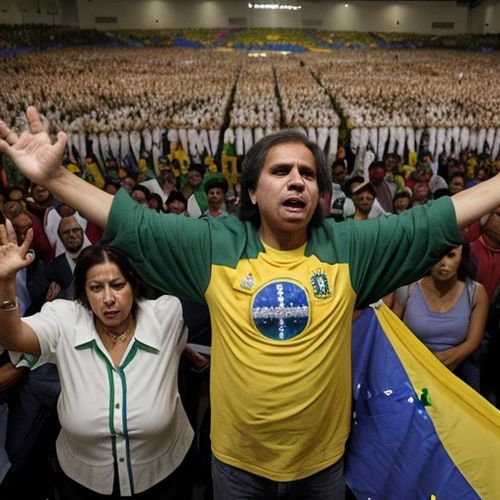
By James Moore/Apr 19, 2025
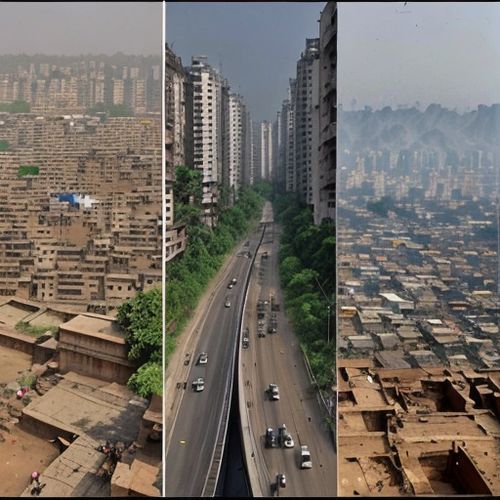
By Daniel Scott/Apr 19, 2025
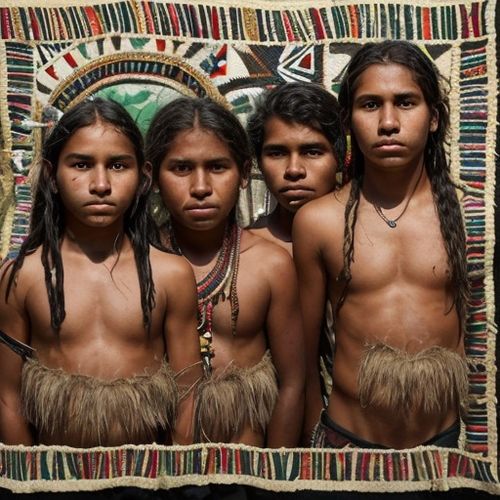
By George Bailey/Apr 19, 2025
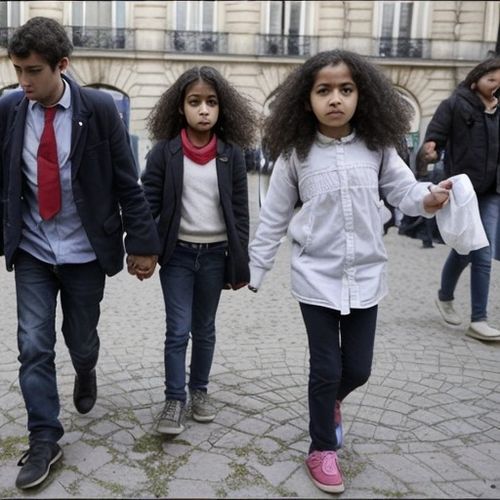
By Amanda Phillips/Apr 19, 2025
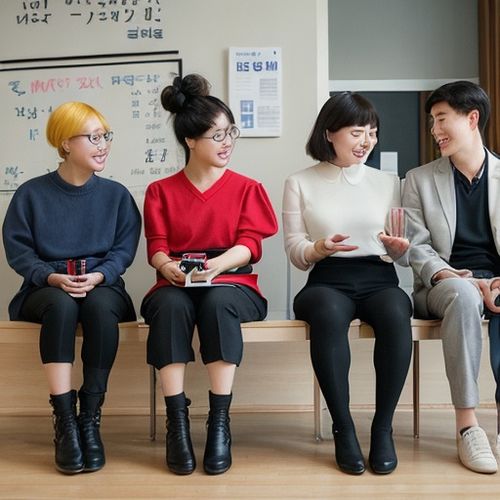
By Amanda Phillips/Apr 19, 2025

By Joshua Howard/Apr 19, 2025
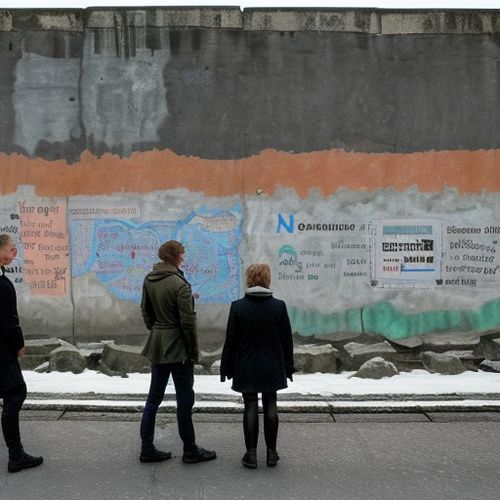
By Thomas Roberts/Apr 19, 2025

By Thomas Roberts/Apr 19, 2025
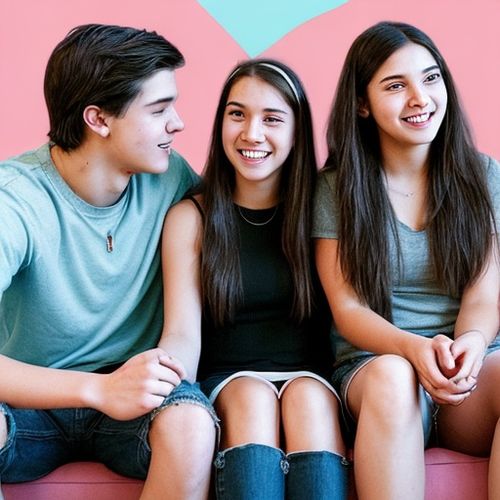
By Noah Bell/Apr 19, 2025
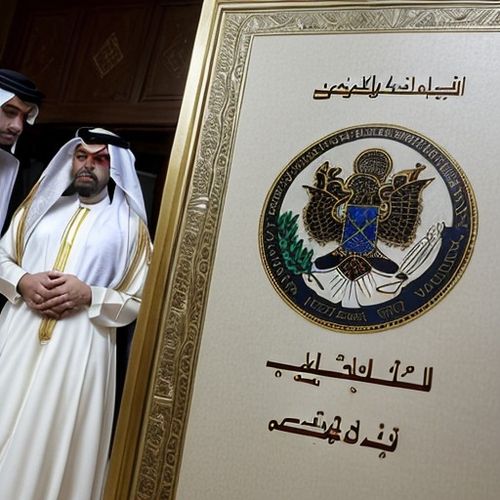
By James Moore/Apr 19, 2025
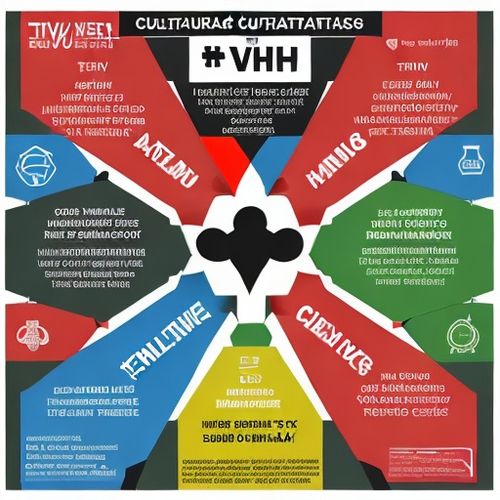
By Rebecca Stewart/Apr 19, 2025
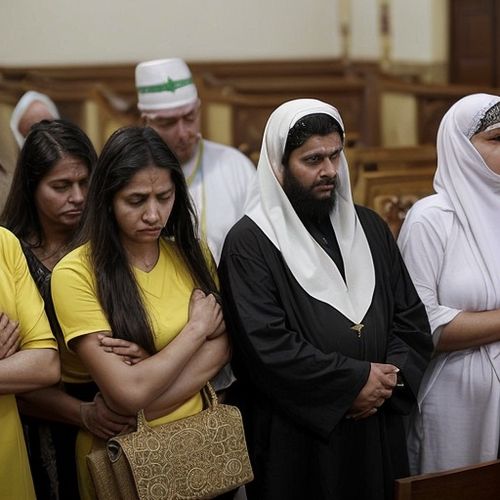
By Noah Bell/Apr 19, 2025
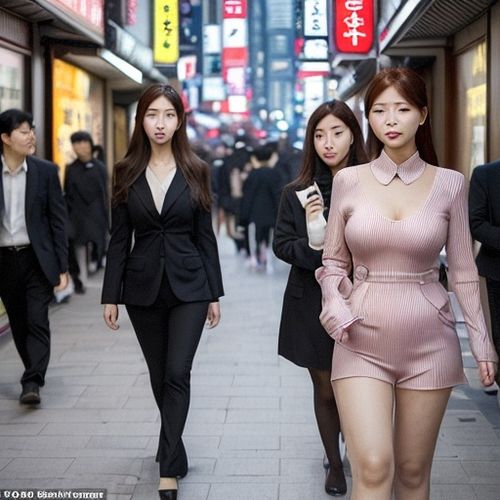
By Elizabeth Taylor/Apr 19, 2025
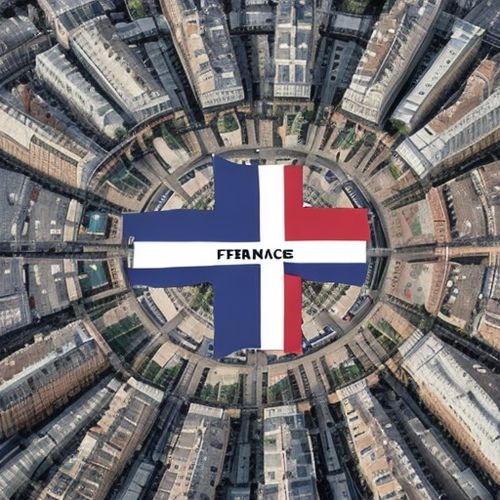
By Benjamin Evans/Apr 19, 2025
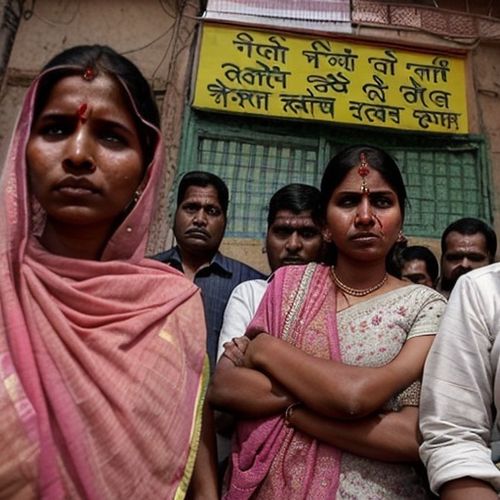
By Laura Wilson/Apr 19, 2025
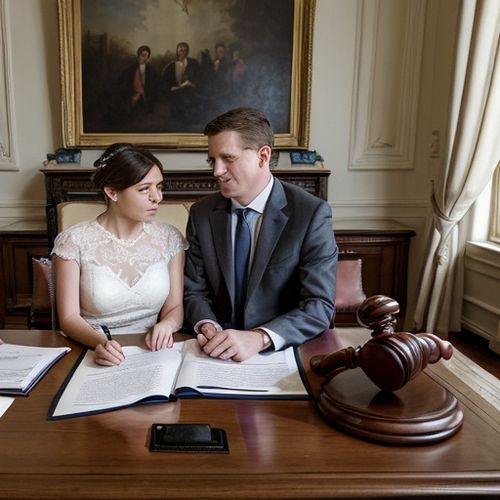
By Victoria Gonzalez/Apr 19, 2025
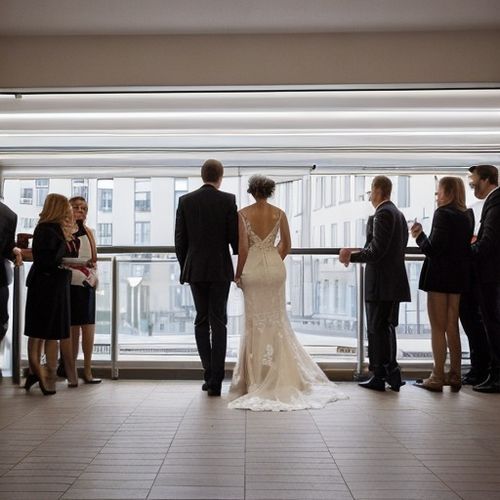
By Laura Wilson/Apr 19, 2025
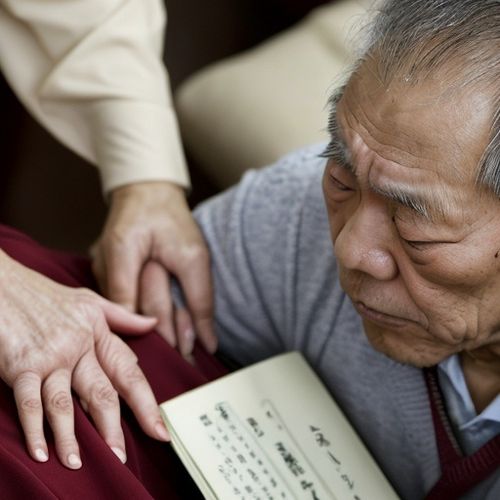
By Laura Wilson/Apr 19, 2025

By Sophia Lewis/Apr 19, 2025